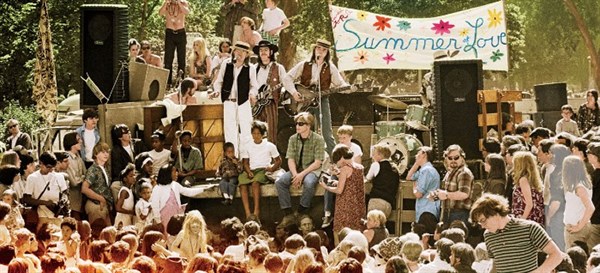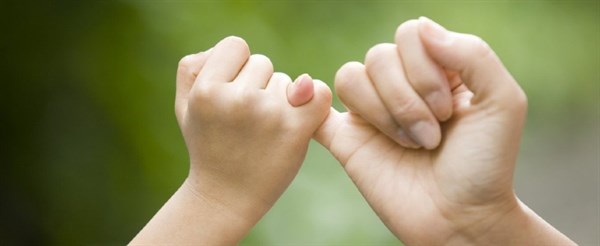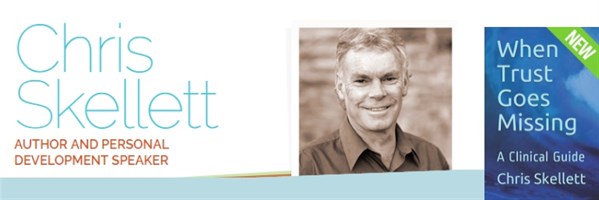Trust is the New Love
08 May 2019 | Chris Skellett

In 1967, the 'Summer of Love' swept across the world. Suddenly
we were transported from a life based on materialism and scientific
endeavour into a new world of bliss, peace and harmony. We bathed
in a warm glow of positive emotions. Love had become the new social
currency. The more we loved each other, the better life seemed. We
were happy.
Now, some 50 years later, we face a new challenge. As we grapple
with terrorism, internet fraud, corruption and fake news, we seem
to have collectively lost trust in the world around us. Social
issues involving abuse, infidelity and trauma seem to dominate our
screens. We have become increasingly sceptical and we tend to view
the world with suspicion and mistrust.
To find true happiness, we are obliged to reclaim a world where
we can once again trust in each other and assume that the world is
generally safe. To contribute to a world where we can feel
secure about our lives, immersed once again in a supportive,
trusting community.
In the sixties we celebrated and embraced love
as the key to a better world. But now it is trust
that is missing in our lives. The challenge now is to re-kindle a
stronger sense of personal and collective trust in each other and
to address the fear and suspicion that permeates modern life.
How can we be happy and authentically engaged when we
cannot trust each other? How can we ever find happiness again when
trust has gone missing?

In my new book When Trust Goes Missing I outline several
practical techniques that we can all use to actively re-install a
sense of trust when it has been lost.
Intended primarily for readers who may have experienced personal
betrayal, trauma or a significant life crisis, it also considers
how we can all respond constructively to rebuild trust following a
collective traumatic event. For example, we can learn:
- To 'trade' more in trust, and offer unconditional kindness and
trust to those around us, especially strangers. Trust is reciprocal
by nature.
- To actively become 'ambassadors for trust', promoting positive
assumptions of goodwill between people. To notice everyday examples
of trust, and to share those wonderfully poignant stories that we
all can tell when trust has opened doors for us to connect with
others.
- To embrace diversity and to challenge our tendency to be
suspicious of difference. To offer trusting friendship across
cultures rather than to withdraw behind a veil of sceptical
mistrust.
- To personally re-commit to a life based on trust. To be
trustworthy ourselves, and to look for small opportunities to
assume trust in others, especially strangers.
Trust and love go hand in hand. Love is an emotion that is hard
to control, but trust is an assumption, a set of cognitions, that
we can choose to accept or not. Essentially, it is the assumption
of trust that connects us in our intimate relationships, in our
families and in our communities, while the assumption of mistrust
divides and weakens us.
We should be actively promoting trust as a key value in our
relationships at every level. Mutual trust is the key dynamic that
connects us all, and true happiness can only be experienced when we
assume trust both in ourselves and in each other.
As we build on the lessons learned from way back in those heady
Woodstock years, it seems certain that now more than ever, we need
trust to become the new love.
By choosing to live a life based on trust, we are actively
increasing opportunities to experience a greater sense of happiness
and fulfilment, both at a personal and at a communal level.
About the author

Chris Skellett is a New Zealand based clinical
psychologist and the author of When Trust Goes Missing available as both
a paperback and eBook. He is visiting the UK during June,
July and August 2019 and is happy to speak to interested groups. He
can be contacted at www.chrisskellettconsulting.co.nz